$2.50 Gold Indian Quarter Eagle – Cleaned/Low Grade
Call for Specials
| Weight | 0.121 oz |
|---|
Description
The early part of the 20th century was a time of great creativity in the design of U.S. coinage. August Saint-Gaudens’ double eagle was introduced in 1907, along with his Indian Head eagle. Victor D. Brenner’s Lincoln cent, commemorating in 1909 the centennial of the President’s birth, broke new ground-...
The early part of the 20th century was a time of great creativity in the design of U.S. coinage. August Saint-Gaudens’ double eagle was introduced in 1907, along with his Indian Head eagle. Victor D. Brenner’s Lincoln cent, commemorating in 1909 the centennial of the President’s birth, broke new ground- it was the first use of a presidential portrait on a circulating coin. A few years later, in 1913, James Earl Fraser’s Indian Head, or Buffalo, nickel was introduced, followed shortly thereafter in 1916 by Adolf A. Weinman’s Winged Liberty Head (Mercury) dime and Liberty Walking half dollar and Hermon A. MacNeil’s Standing Liberty quarter. In the same time period, the 1915 Panama-Pacific International Exposition produced several silver and gold commemoratives, including the Charles E. Barber/ George T. Morgan allegorical quarter eagle (one of Barber’s most creative works), and Robert Aitken’s equally symbolic round and octagonal fifty dollar gold pieces. Following the acclaim received for Saint-Gaudens’ stunning efforts on the ten and twenty dollar gold pieces, President Theodore Roosevelt turned his attention to the other two gold denominations, the quarter eagle and the half eagle (production of one dollar gold coins ended in 1889). Specifications: Designer: Bella Lyon Pratt, reverse possibly influenced by the designs of Augustus Saint-Gaudens Circulation Mintage: high 722,000 (1913), low 55,680 (1911-D) Proof Mintage: high 682 (1910), low 100 (1915; none produced after 1915) Denomination: $2.50 Diameter: 18 mm, reeded edge Metal Content: 90% gold, 10% copper Varieties: None identified except for the 1911-D, Weak D, referring to a faint mintmark impression.

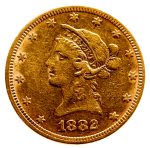
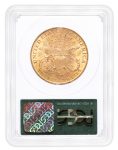
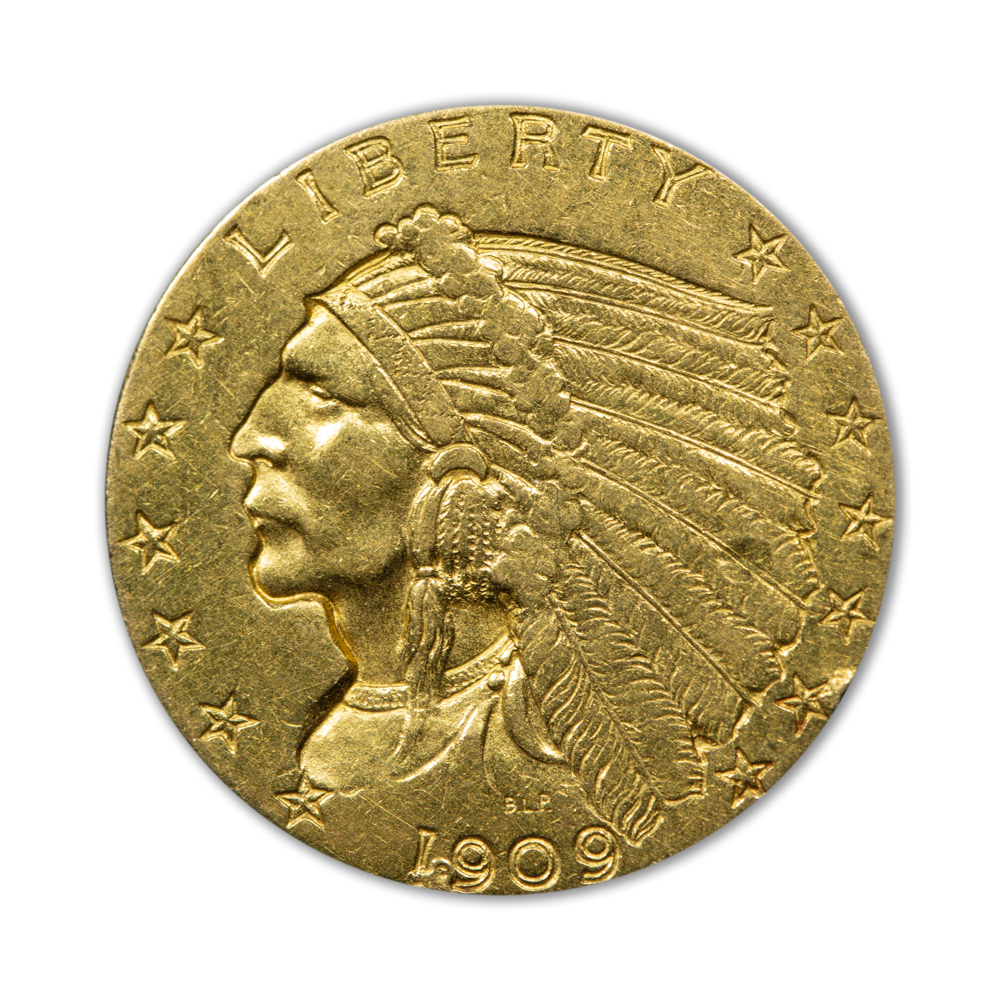
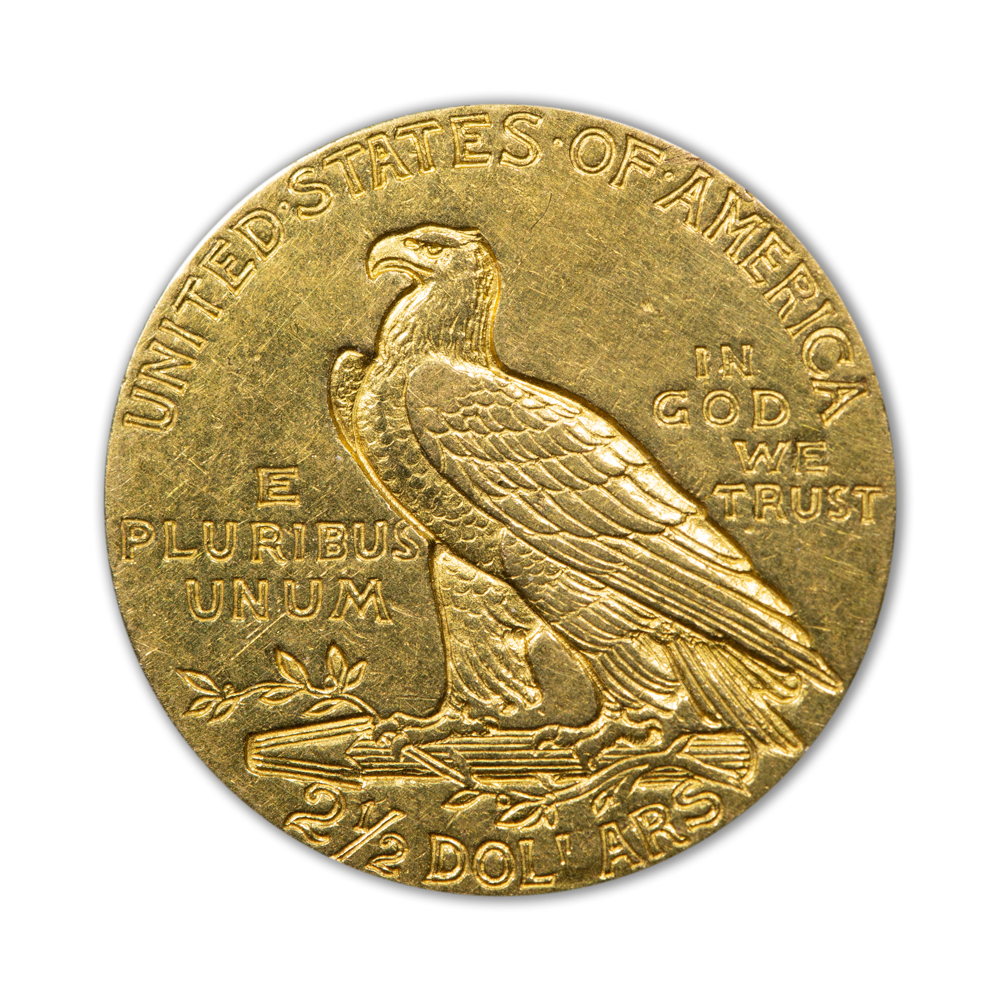
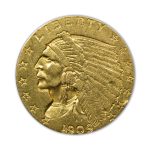
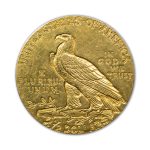
Reviews
There are no reviews yet.